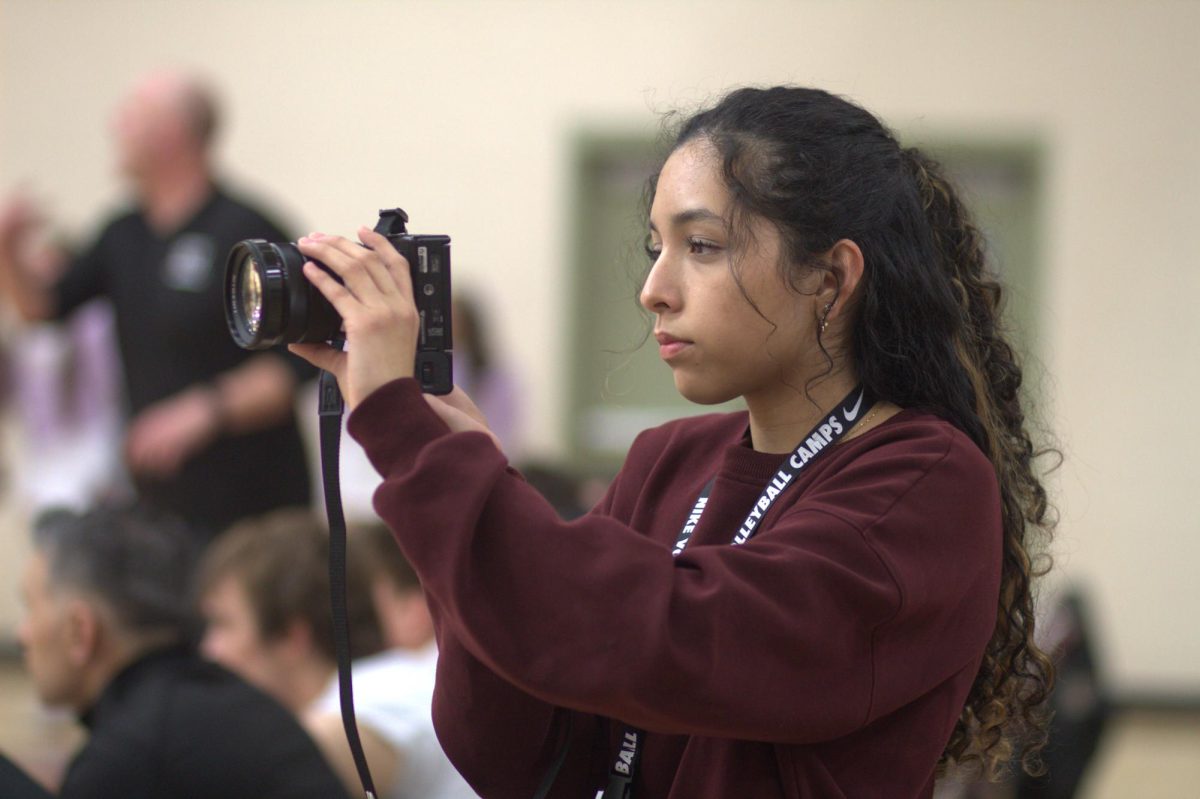
When given the choice between watching the grass grow and watching the movie “Jack Reacher,” one would think that watching the movie would be the more interesting option. With this movie, however, that is sadly not the case. When going to the movie theater to watch a film in the thriller genre, one would expect to be thrilled. Instead, the viewer finds themselves falling asleep rather than having the expected adrenaline rush. If a movie hypes itself up by showcasing big names in cinema like Tom Cruise, you would hope to be satisfied with the rest of the characters. And yet, no such luck. Yes, it’s probably better to save your hard-earned $9 to buy some seed and start watching the soil rather than waste it on the stale, unoriginal film that is “Jack Reacher.”
This was not a hard project for director Christopher McQuarrie, who only had to read “One Shot” by Jim Grant (from which the movie is adapted) to understand that the plot of the movie didn’t have to be as mundane as it was. The director instead, without doing any justice to the book, decided to simplify the complex plot. In the process, he managed to turn what would have been a truly inspired film into a carbon copy of past thrillers. It reminds the viewer of other movies in the same genre instead of keeping them focused on the movie itself, which should be something to avoid when creating a movie based on such an original book series. This was by far the most disappointing aspect of the entire film.
Thrillers such as “Jack Reacher” are the kinds of movies that actor Tom Cruise excels in, no question. He’s given past movies in the genre such as “Mission Impossible” a name on his own. This movie is no exception. Playing Jack Reacher was an obvious choice, and his nonchalant speech and quiet aggression in the delivery of his lines made him perfect for the part. However, that does not mean that the overall acting in the movie was acceptable. Yes, it’s good to have one actor that performs really well, but the rest of the main characters on the cast seemed to drag the overall experience down. Rosamund Pike, who played Helen Rodin, lacked emotion, which was truly disappointing considering her brilliant work in past films such as “Pride and Prejudice” and “Wrath of the Titans.” Instead, she decided to use far less passion than what was required to fill the gap left by the main character’s already cold and distant demeanor. And sadly, this was not the only gap the movie contained. A key character in the film, Ann Yanni, who was supposed to be the person the Jack Reacher trusted to help draw public attention to the large crime investigation that serves as the story of the movie, was absent for the entire film. Not mentioned once, one can only assume that she was taken out while the plot was being shrunken down to half its original size. The brilliant performances by Werner Herzog (as Zec, the villain) and Robert Duvall (as Cash, Reacher’s ally) where sadly not enough to fill these gaps, and the film suffered tremendously.
The visuals in “Jack Reacher” really made this movie stand out. From bright cityscapes, beautiful countrysides and halfway around the world in Afghanistan, every location seemed to fit the story perfectly. Coupled with state-of-the-art special effects, both elements combined to create a truly flawless visual experience for the audience. This was not enough to make up for the movie’s other flaws, but it was the only thing that kept me from getting up and walking out of the theater halfway through the movie.
Yes, watching grass grow may not seem terribly interesting, but when compared to seeing “Jack Reacher”, it’s probably best to start planting. What should have ended up as a great work of art that was perfect for the palate of any thriller fan instead turned into yet another big grab at money that does little justice to the books for which it is named. What should have been a slam dunk performance by several very capable actors was drowned out by the obvious gaps in the story. “Jack Reacher” is simply another movie that won’t remain in the hearts of the moviegoing public. It is instead slated to be yet another work that can only be called a missed opportunity.
by CARSEN VAN DER LINDEN











